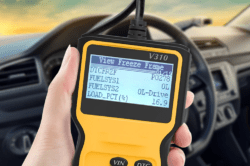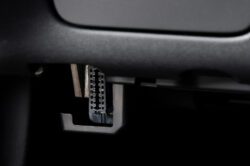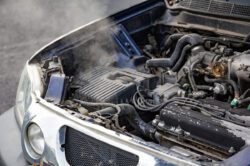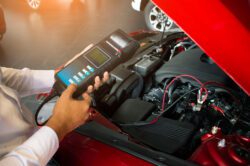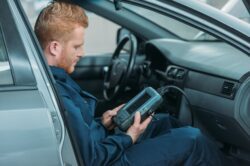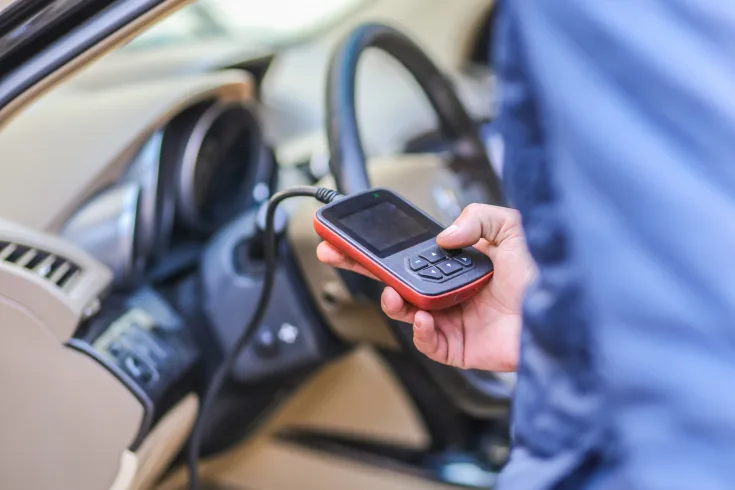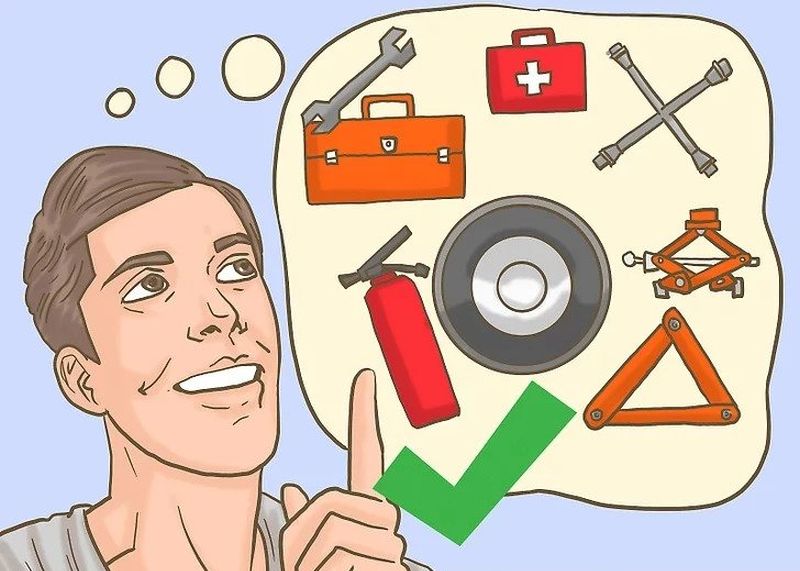Currently, almost all vehicles are manufactured using modern technology and are highly computerized. Due to that, it became easy to entirely check the car with the help of self-running diagnostic tests. The diagnostic tests will help in maintaining your vehicle’s ultimate functioning. The diagnostic tests have the potential to inspect car components and their integrated network. They scan to detect blunders or malfunctions, which could lead to relatively risky situations.
The car diagnostic testing needs certain appliances and skills to read accurately, so technicians or dealer stores usually perform these tests. But, if you own proper devices and are familiar with diagnostic tests, you can conduct the test by yourself. If you are looking for a professional car diagnostic tool, consider checking out originaldiag.com, where you can find car diagnostic tools that are ideal for different car models.
5 Things You Have To Know About Car Diagnostic Testing
Here, we have included 5 essential things that you must know about car diagnostic testing.
1. Diagnostic Trouble Codes (DTC) Reading
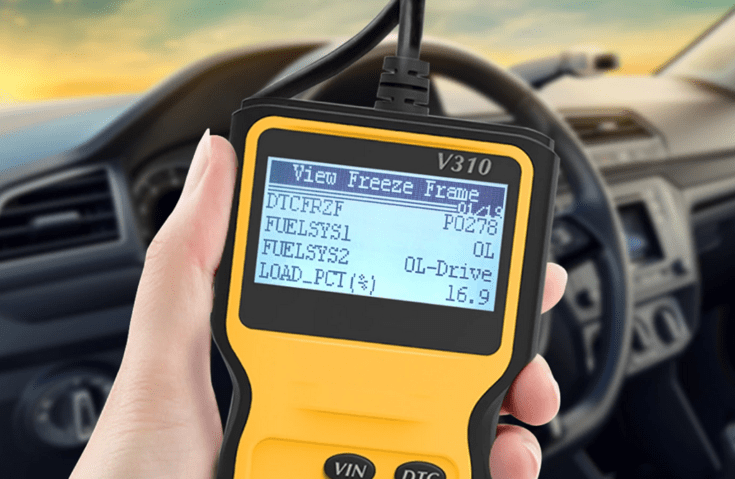
Source: scootr.fr
The car diagnostic testing begins with scanning the diagnostic trouble codes, which are also known as onboard diagnostic codes(OBD codes). It is compulsory for all cars to have an onboard diagnostic system. It is possible to deter the diagnostic trouble codes through the OBD2 Scanner. Besides that, you can browse the engine light codes via the car computer. The tests might not entirely determine the whole problem, but you can obtain info about its location.
2. Analyzing the Codes and More Examination
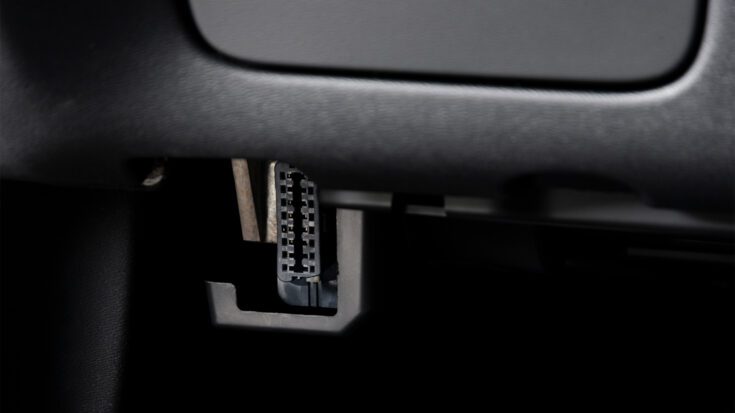
Source: geotab.com
If you have the list of codes, it will be helpful to understand their meaning and interpret what the trouble might be. For instance, the P0442 code means evaporative emission control system leak detected small leak. This code has many signs and causes, and it could happen due to the damaged EVAP Line or a loose gas cap.
The OBD II (on-board diagnostics) interface can deliver data about the growth of particles in the combustion chamber of the engine. In addition to that, you can know about the ignition timing, working conditions of the power injectors, motor RPMs, and many more. The vehicle records and saves the codes which relate to various regions of your car. There are many codes from P0100 to P1899, and every code has a unique number and letter which interprets a specific problem or fault.
3. Car components going to be tested
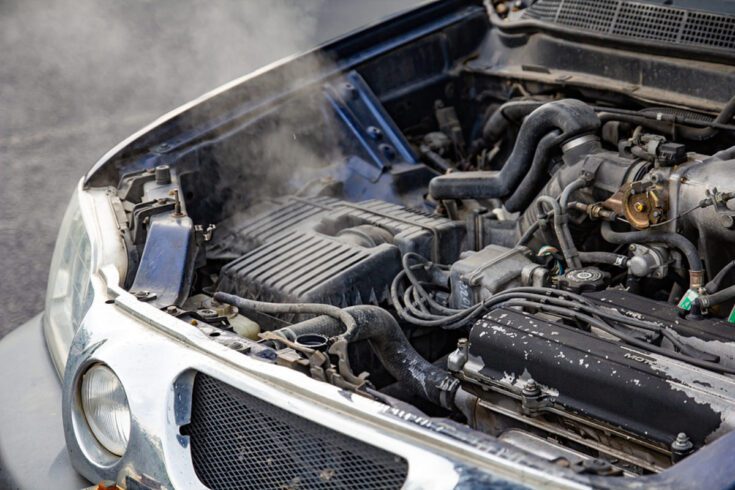
Source: cashcarsbuyer.com
At present, car diagnostic testing can examine several factors of the vehicle. Here are some elements that the diagnostic tests particularly scan for:
- Troubles with the vehicle’s engine or other elements
- Problems with the vehicle’s communication and responsiveness
- Probable mistakes with the vehicle’s exhaust system
- Difficulties with braking system or unresponsive breaks
- Indications of damage, rip or broken primary parts like the throttle, fuel injector, ignition coils, and more.
The car diagnostic testing will help you understand your car’s state. However, remember that these tests sometimes are not entirely precise. It is because they can not confirm the exact problem with your vehicle but specifies the error location.
4. Car Diagnostic Testing Total Time
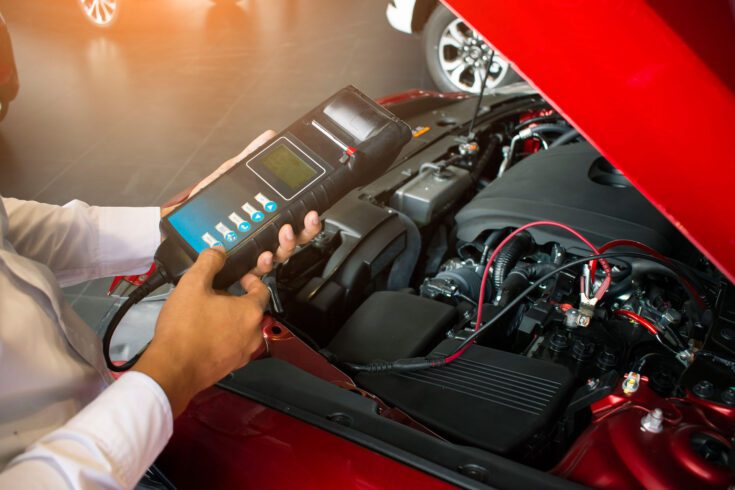
Source: mastermechanic.ca
The total amount of time required for car diagnostic testing of your vehicle differs based on several elements. Generally, a typical diagnostic test might need up to an hour or an hour and a half. The car diagnostic testing begins with reading the engine light code and OBD2 Codes, which will take a few minutes. When the technicians insert the car diagnostic test scanner, they can understand the location of the problem through the codes.
After obtaining the trouble codes, the technicians will perform some essential examination to detect the exact component that is not functioning properly. Based on the emerging codes, the mechanics will try to fix the issue in an hour or so. However, if the problem is a bit complicated, the whole testing procedure could take up to two to three hours.
5. Car Diagnostic Test Cost

Source: sampleposts.com
The car diagnostic testing price tends to differ based on the car’s model, make, and other underlying troubles. Regular or simple testing which does not have any major problems can cost about $40. But, the fee will eventually go up when several complex problems arise as they need more examinations.
Some vehicle diagnostic test centers pretend to deliver free diagnostic testing, but many of them are likely to have a hidden expense. You need to be aware of these things so that you can escape from being a scam victim. Hence, make sure to scan the fine print in the technician’s service agreement before trying to give your car for the test. In short, the car diagnostic test cost ranges from $40 to $400.
How Often to Perform Car Diagnostic Testing?
Many people often bring their cars to the technician or a local mechanic shop when the vehicle is severely malfunctioning or close to breaking down. However, it is best to conduct car diagnostic testing on a regular basis to check the working order of your vehicle.
If you are knowledgeable about these tests, you can perform them by yourself at home from time to time. In addition to that, you can try to fix some tiny troubles and prevent them from arising as massive troubles. To wrap it up, it is recommended to execute the car diagnostic tests at least one time quarterly.
Advantages of Car Diagnostic Testing
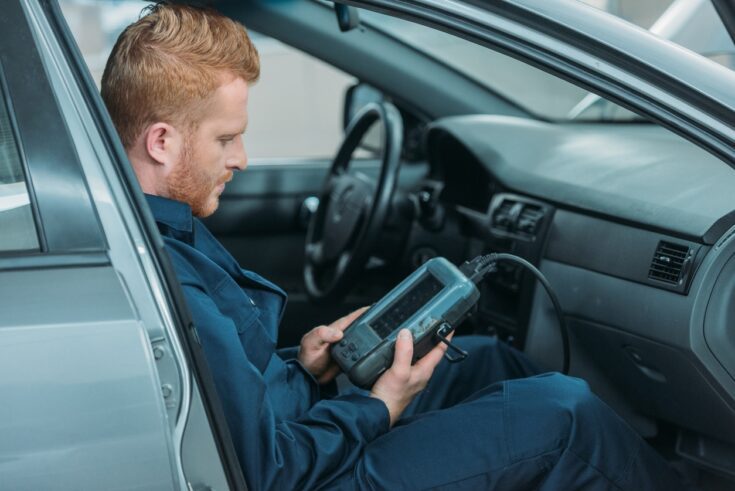
Source: gotodobbs.com
Here are a few benefits of performing car diagnostic testing regularly.
- Diagnostic testing is effective in discovering mistakes and deters them from becoming destructive.
- With this test, you can avoid life-threatening dangers, such as brake failure and many more.
- The car diagnostic testing will also scan the vehicle’s onboard computer system to detect any manufacturer announcements or documented information.
Bottom Line
Car diagnostic testing is critical to ensure the working order of your vehicle. Performing these tests from time to time is effective in deterring trivial issues from evolving as dangerous problems. You can leave your car at the mechanic’s shop to get it tested. However, if you want, you can conduct the car diagnostic tests at home by understanding the test readings and buying the necessary tools.

